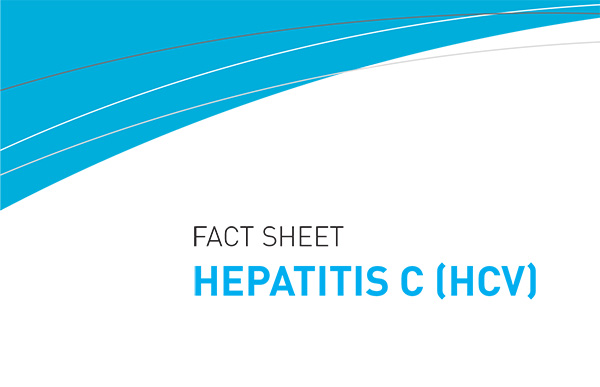Marginalized Communities and AIDS: Beyond Moral Issues to Health Care for All
Universal access to health care is a point of pride for Canadians. However, it is no secret that there are many barriers to accessing the medical system, especially for stigmatized and marginalized communities.
Marginalized Communities and AIDS: Beyond Moral Issues to Health Care for All Read More »










